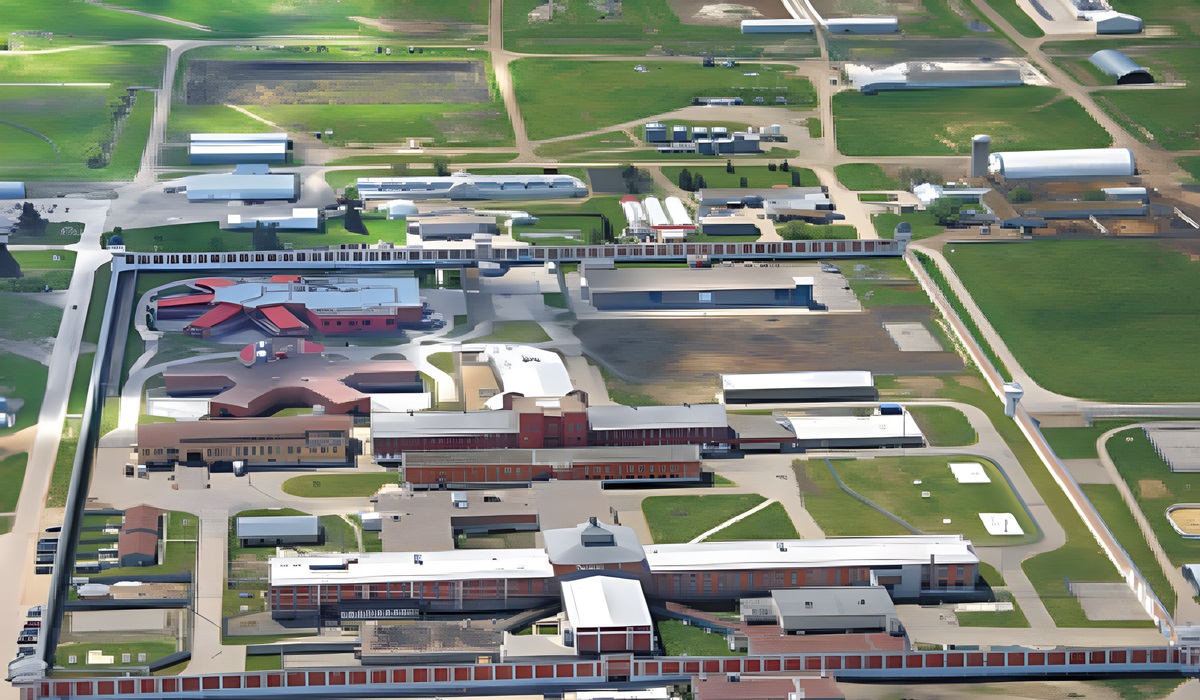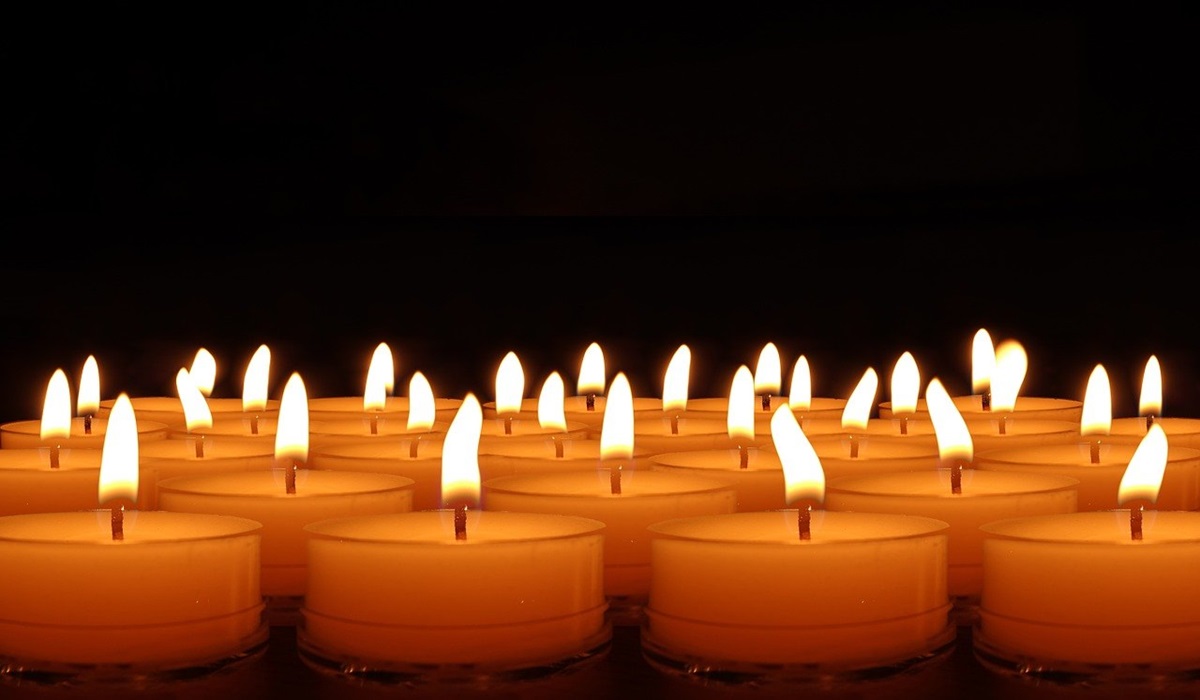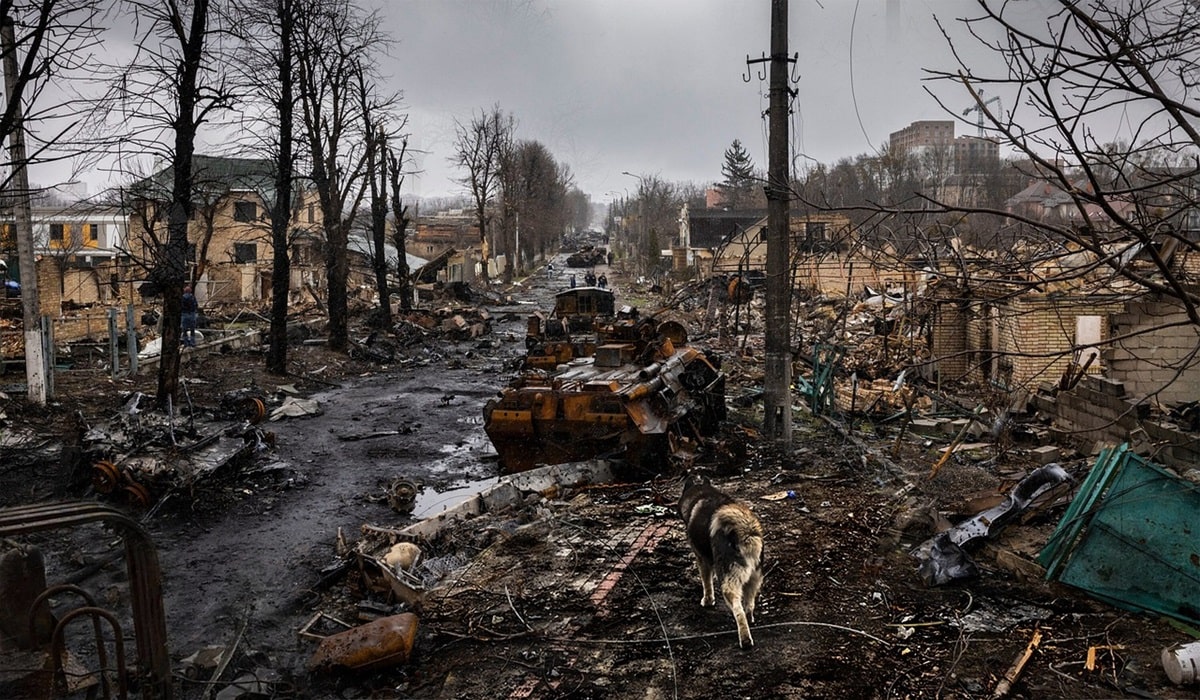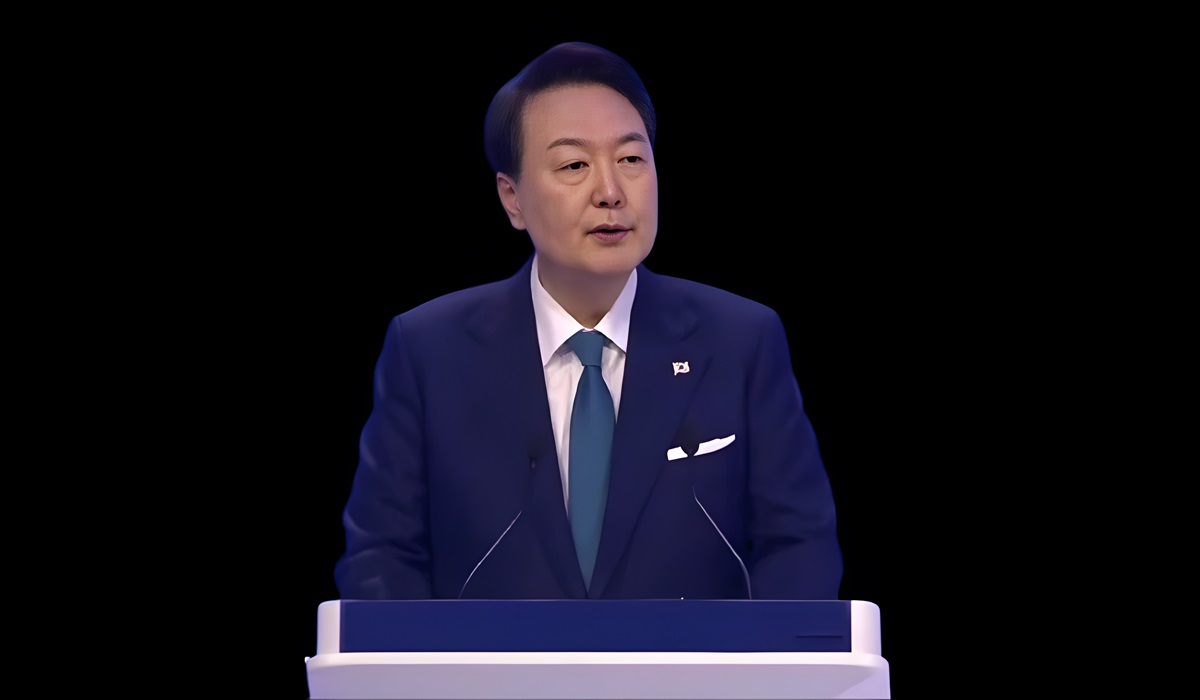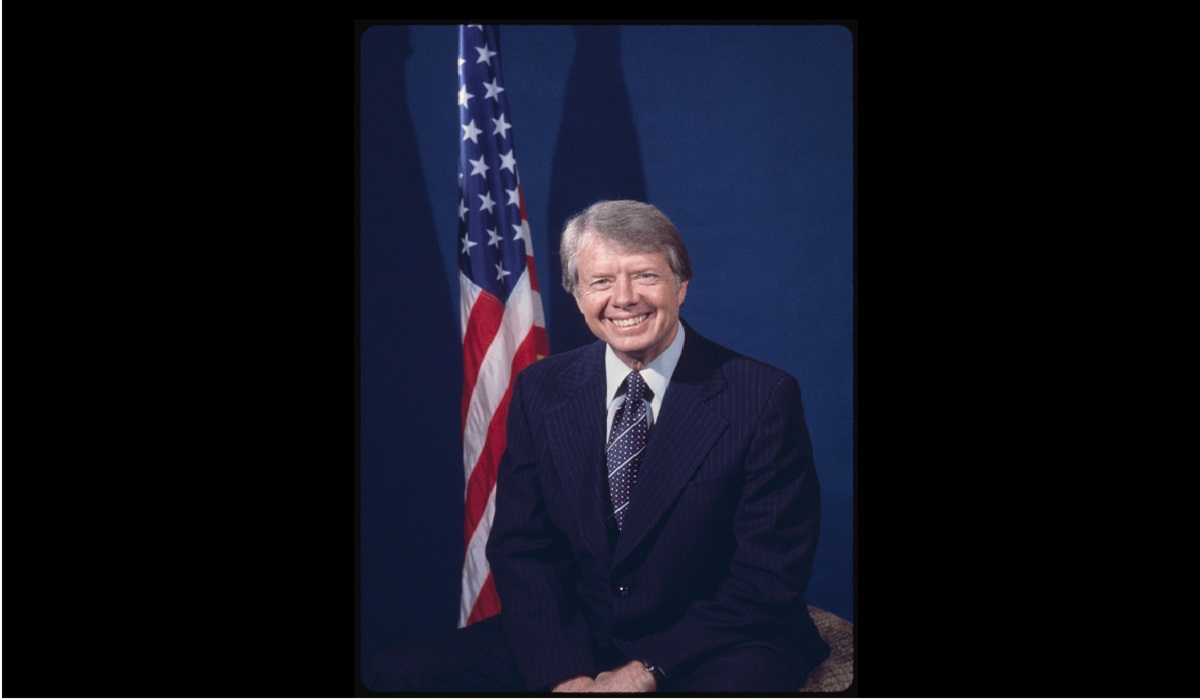The Tragic Double Standard of Ceasefires: Gaza, Ukraine, and the Value of Human LivesDraft
- TDS News
- Breaking News
- October 21, 2023
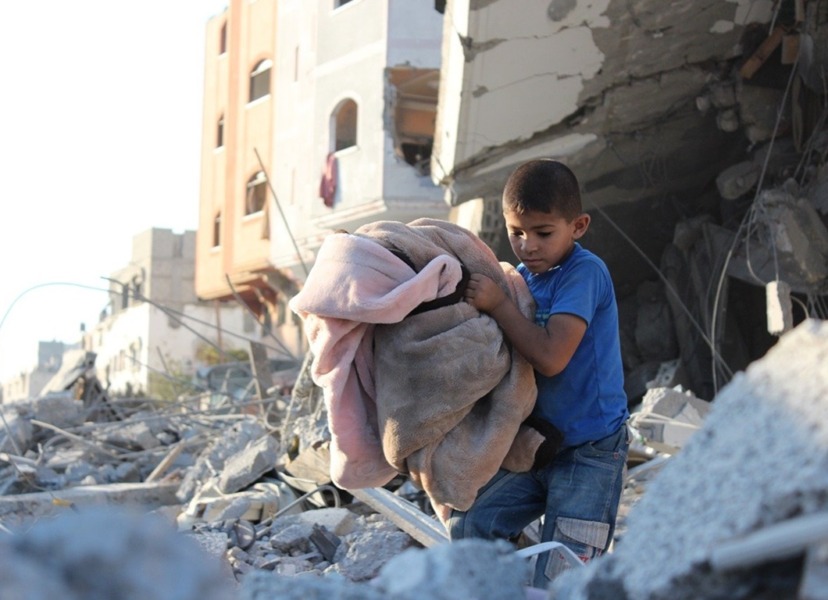
The words “cease-fire” and “peace” are powerful in global politics, carrying the hope of an end to conflict, the cessation of bloodshed, and the beginning of reconciliation. However, in the case of Gaza, these words have become almost taboo, as if invoking them were a crime. The tragic reality is that innocent people continue to lose their lives on both sides of the border, and a glaring double standard emerges when comparing international responses to conflicts in Ukraine and Gaza. While the international community was quick to call for a cease-fire and humanitarian aid in the face of the Ukraine-Russia conflict, the same urgency is often absent regarding war in Gaza.
Gaza, a region marked by conflict, suffering, and political turmoil, has seen numerous outbreaks of violence, resulting in the loss of countless innocent lives. The ongoing Israeli-Palestinian conflict, with its complex historical roots, has become a protracted humanitarian crisis. Over the years, various peace efforts and cease-fire agreements have been proposed, only to be shattered by renewed hostilities.
The tragic irony is that the international community, particularly Western nations, appears hesitant to call for an immediate cease-fire and the delivery of humanitarian aid in response to the conflict in Gaza. While diplomatic maneuvers and peace talks continue, the suffering in the region persists, and innocent lives continue to be lost. The question that arises is: why the reluctance to act with the same urgency and conviction that was seen in response to the conflict in Ukraine?
The double standard becomes glaringly apparent when we compare international responses to different conflicts. In the case of Ukraine, when Russia’s military intervention resulted in the bombing of Ukrainian cities, the global response was swift. Politicians, world leaders, and humanitarian organizations called for an immediate cease-fire and the creation of safe corridors for the delivery of humanitarian aid. The urgency to protect innocent lives and alleviate the suffering of the Ukrainian people was palpable.
However, the same urgency is often lacking when it comes to the Gaza Strip. The conflict there has endured for decades, with recurrent cycles of violence leading to a staggering loss of life. The Palestinian people have faced unimaginable hardships, with civilians, including women and children, caught in the crossfire. The international community’s response, particularly from Western nations, has been markedly less emphatic. It raises the uncomfortable question of whether the lives of one country’s citizens are more valued than those of another.
Human life should be universally valued and protected, irrespective of geographic location, ethnicity, or religion. The unequal response to conflicts in Gaza and Ukraine suggests a disturbing bias that undermines the principles of justice and human rights. It is imperative that the international community reevaluates its stance and recognizes the preciousness of every life.
The Palestinian and Israeli people deserve the same level of compassion, protection, and support that is readily extended to other nations in times of conflict. A cease-fire, humanitarian aid, and the alleviation of suffering should not be conditional on geopolitical considerations or strategic interests. The lives of innocent civilians in the region are just as valuable and sacred as those of Ukrainians or citizens of any other nation.
In the United States, members of Congress who have had the courage to call for cease-fires in Gaza and advocate for a more even-handed approach in the Israeli-Palestinian conflict have faced intense backlash. Some have been vilified in the media, targeted by interest groups, and even received death threats. This troubling trend raises concerns about the health of democracy in our world today.
A democracy thrives on open dialogue, the exchange of ideas, and the ability of elected officials to represent the diverse opinions of their constituents. When lawmakers face threats for advocating peace and humanitarian aid, it erodes the very foundations of democratic governance. It is essential to uphold the principles of free speech and protect the rights of elected officials to express their opinions without fear of intimidation or violence.
Moreover, the threats and vilification faced by members of Congress who dare to call for cease-fires and advocate for peace must be condemned. In a democracy, open and civil discourse should be encouraged, and the safety of elected officials should be safeguarded. We must remember that the very essence of democracy is at stake when those who speak out for peace and humanitarian principles face backlash and threats.
In the face of conflict, the call for a cease-fire and peace should not be a crime but a moral imperative. It is a call to protect the innocent, alleviate suffering, and rekindle hope for a better future. The double standard must be eliminated, and the value of every human life must be upheld, regardless of where they are born or the circumstances of their existence. Only then can we truly claim to be advocates for peace and defenders of democracy.


